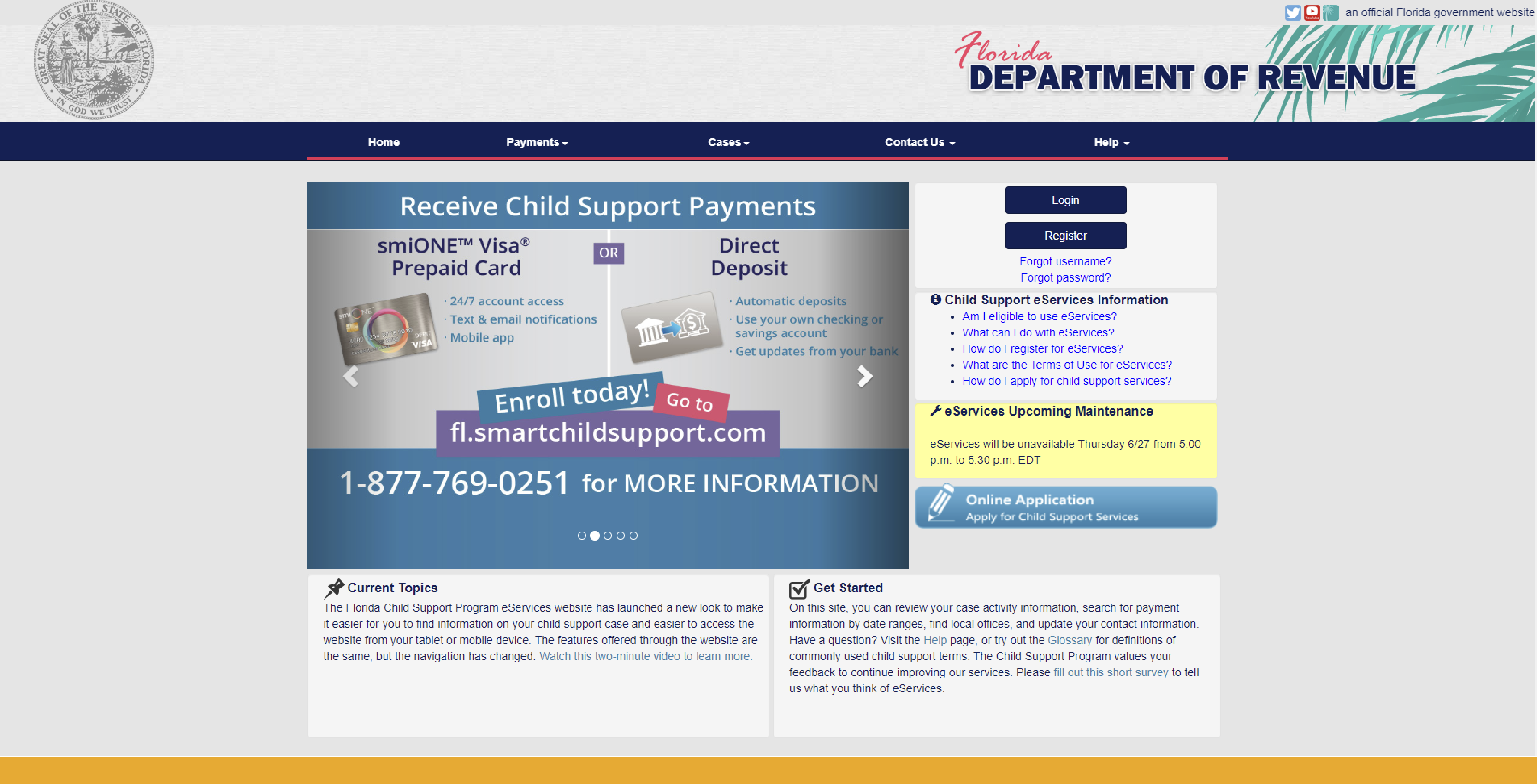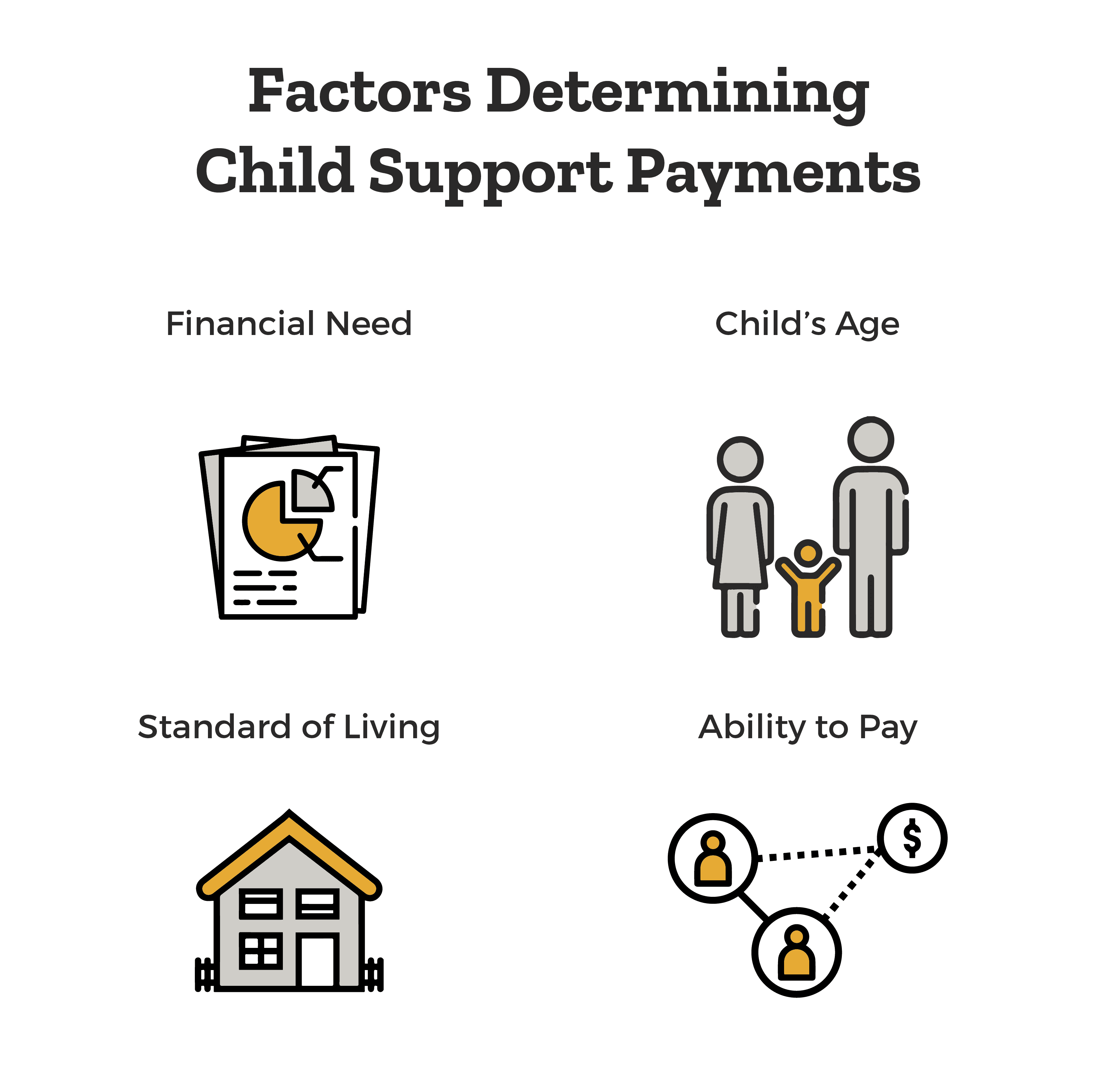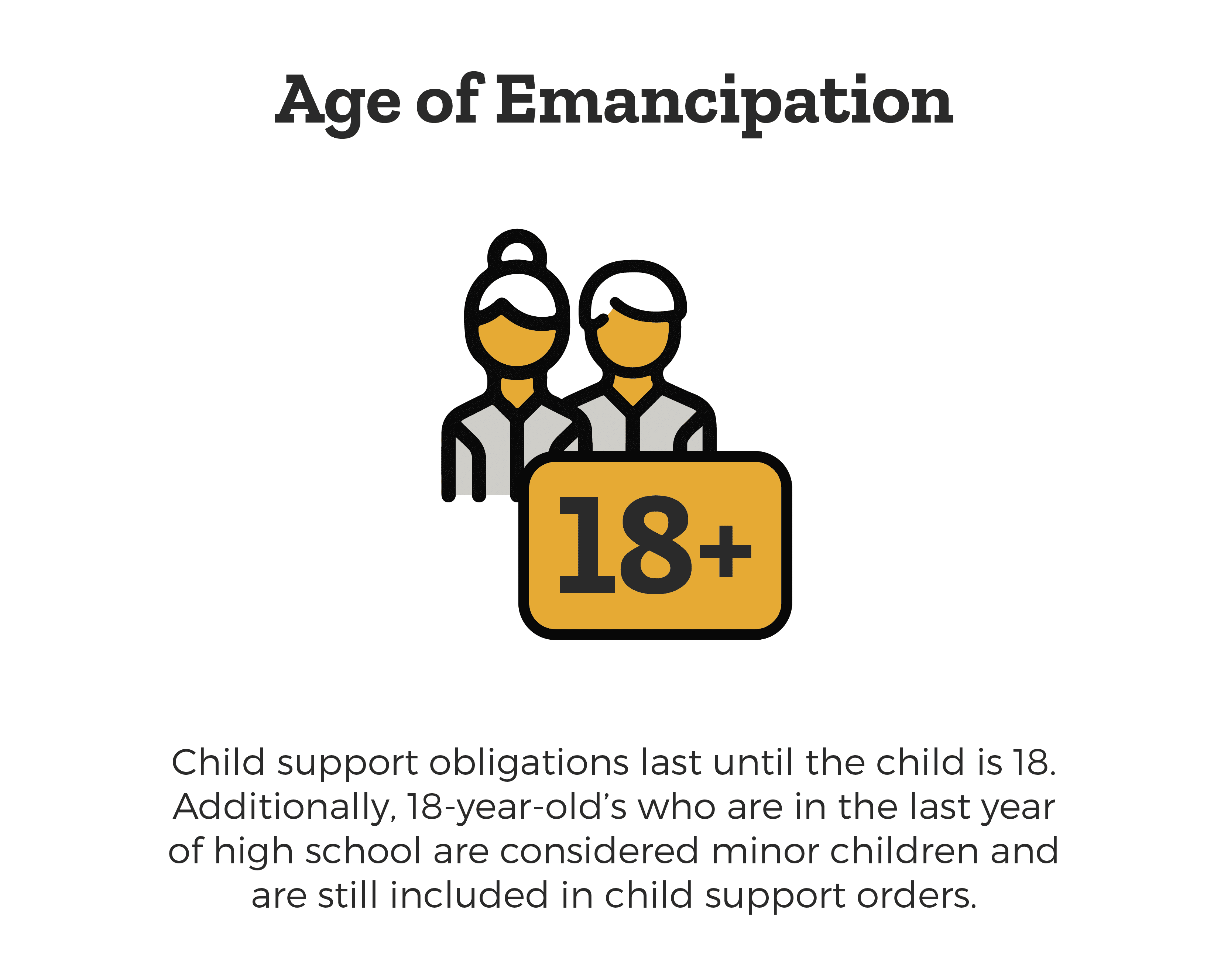What Is Child Support?
Child support is a court enforcement in place to secure payment between parents or guardians and specifically ordered for expenses relating to the upbringing of children.
Child support is related to the legal right of a child to be economically supported and cared for. As a child has the right to be cared for, similarly, both parents who were responsible for creating the child also share the responsibility for financially providing for that child under the law.
Child support orders are typically filed when a child’s parents divorce (dissolution of marriage) or are no longer living together in the same family unit. A child support order is an official record that the child is obligated to receive the financial benefits they are entitled to.
It is the responsibility of a noncustodial parent to pay the custodial parent the child support amount. In cases where there is a 50/50 time-sharing arrangement (shared custody), the nonresidential parent pays support to the parent with whom the child officially resides.
How to File for Child Support in Florida

In Florida, one can apply for an initial child support order at the Office of Child Support Enforcement (OCSE). The offices are a part of the Florida Department of Revenue, and there are various locations in the state. Applicants will fill out forms detailing their personal information, including their Social Security number and contact information. Additional details regarding employment and monthly income will also be needed. The forms will be filed with the clerk of the courts, and parties will receive a case number.
Paternity Must Be Established First
The paternity of the child/children must be established first before the filing of any child support order. In cases where parents were married at the time of a child’s birth, then paternity will be presumed to be the husband. If the husband is not the father of the child, the mother or biological father must go to court to prove otherwise.
If a child’s parents were not married at the time of his or her birth but were later married, paternity is then established at the time of the subsequent marriage.
If the parents of a support dispute were not married at the time of the child’s birth, and the parents do not subsequently marry, then paternity must be established before a filing of a child support order.
Paternity can be confirmed either by consent of the father or by court-ordered genetic testing (a DNA test). If a father does not contest that he is the father, he can agree to his name being placed on the birth certificate and then a consent order is made and approved by a judge, establishing paternity. Otherwise, if an alleged father contests paternity, a court will conduct DNA testing. After confirmation or genetic testing results, the court will establish the biological father as the “legal” father, and the mother can now make a claim for a child support obligation (including any retroactive payments).
Child Support Cases Will Be Included in Dissolution of Marriage With Children
People who are filing for dissolution of marriage with minor children or custody disputes will concurrently initiate a child support case. In Florida, all parents of minor children will first have to attend a parenting class, which deals with major issues related to divorcing with children (including child support), before continuing with the finalization.
How Is Child Support Calculated?
In Florida, the child support guidelines are provided by the state legislature, as found in Florida Statutes, Section 61.30. The Florida legislature worked to establish a share-income guideline that considers both parents’ income in calculating the appropriate child support guidelines.
Additionally, Florida law considers how many minor children the parents share and gives credit for time-sharing spent. For example, a parent who has a generous time-sharing arrangement (like a 50/50 custody plan) will need to pay a smaller percentage than a parent who may only see his or her child 10% of the time.

Florida family law cases, including child support enforcement, are heard in the state circuit courts and should be filed in the district where the child has resided for the last six months preceding the filing of the motion. The trial court looks at the “best interest of the child” standard in family law cases. The Florida statute allows a judge to consider all relevant factors in determining a child support payment, including the financial needs of the child or children, age, the standard of living, and the financial status and ability of the parents.
What Is Considered “Income” for Child Support Calculations?
Florida law looks at the earned net income of both parents when calculating child support. Thus, the first step in calculating an award for child support will be to add the net income of both parties together. For the purpose of “income,” all wages and compensations are counted, including: salary (W-2 tax forms), freelancing and self-employment wages (1099 tax forms), bonuses, commissions, overtime pay, annuities, pension or retirements, alimony, Social Security, and disability benefits (including unemployment or workers’ compensation).
If it is determined that one party is voluntarily unemployed or underemployed, then the court can impute income to them if they feel the parent’s income is not a fair representation of his or her value. The court will, in turn, put another net income on paper that is imputed, and that will be the amount used in calculating the total monthly income of both parents.
The next step is to determine how many minor children the couple share. A greater support payment is given when more minor children are involved.
Next, health insurance and necessary health care costs are factored in. If any additional day care costs are needed, those are given credit for as well. Finally, a parent’s time-share value is given credit. “Time-share percentage” refers to a parent’s parenting plan schedule. In Florida, it is greatly preferred that parents share parental rights and try to co-parent and be involved in their child’s day-to-day life. As such, more credit is given if the noncustodial parent has substantial overnight visitation and child custody time, as the parent is considered an active presence in his or her child’s life (and, presumably, is also sharing the financial costs associated with the time-sharing.)
The court has the discretion to vary the support amount slightly, around 5% higher or lower, under Florida law when they see fit for special circumstances. It is advised that people consult with a licensed Florida family attorney or consult child support services if some concerns or questions might considerably affect the amount of child support.
How Will I Give/Receive Child Support?

Florida child support awards are determined on a monthly basis amount.
All disbursements and payment of child support are regulated through the Florida State Disbursement Unit, which is a department operated by the Florida Department of Revenue.
Child support payments are accepted through a check, electronic check, or credit card. One can pay directly at a local child support office or online for a small credit card transaction fee at myfloridacounty.com.
One can receive child support payments through prepaid debit cards or by direct deposit.
In some rare cases, the Child Support Program may request the clerk of courts to issue an income deduction order, which works to automatically garnish a noncustodial parent’s paycheck to ensure the amount of child support.
How Do I Enforce a Child Support Order? Can a Child Support Order Be Changed?
A child support order can always be modified if it is in the best interest of the child, and there has been a change of circumstance that would affect the original court order. Examples of significant circumstances that would change an original support order include unanticipated changes in employment and income or parenting plans. These would present a reason for the child support payment to be recalculated.
The party trying to change the support award would have the burden to show the court that the change is not just “temporary” and that it is fair to make the change under child support guidelines.
However, one must first apply to the family court to make the modification official and cannot engage in “self-help,” for instance, to stop paying or to lower an amount of child support without a court order. It is best first to contact child support services or contact a Florida family lawyer to recommend advice before taking any dramatic action.
Additionally, one party cannot unilaterally withhold visitation from another parent for failure to pay his or her child support obligation. In these cases, the party refusing the child custody can be sanctioned by the court in violation of a child custody order. In cases where child support payments are consistently low, it would be wise to file for an order of enforcement, which is a court order to compel the child support enforcement.
How Long Does a Child Support Order Last?

Parental responsibility does not terminate until a minor child is considered a legal adult, referred to as the age of emancipation. The age of emancipation in Florida is 18. Therefore, all child support obligations last until age 18. Additionally, 18-year-olds who are in the last year of high school are also considered minor children by the Florida statutes and are still included in child support enforcement orders.
